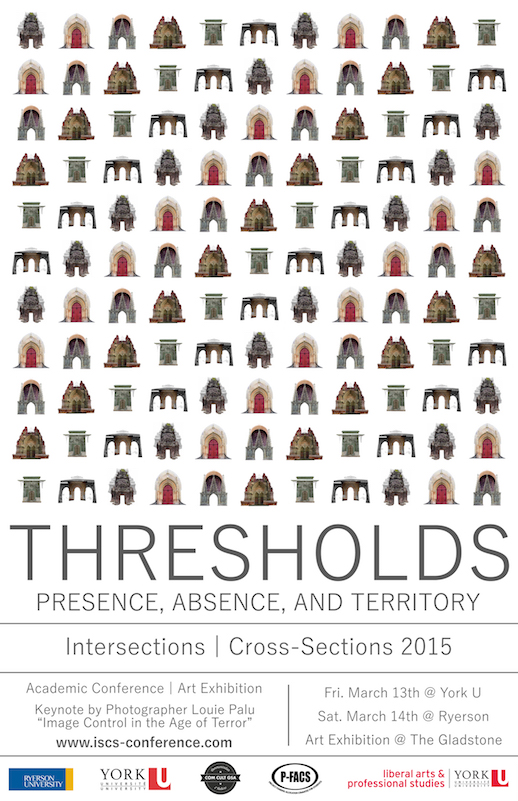Conditions for a Digital Metaphysic
DOI:
https://doi.org/10.25071/1718-4657.36760Abstract
Through an interpretation of Plato and Aristotle, I argue that the founding values of traditional metaphysics were made possible by speci c conditions of language and metaphor. Using the premises drawn from these Greek philosophers, I evaluate the ways digital media do and do not diverge from those conditions. In order to comprehend the novelty of digital media theoretically, we must first understand which features of ‘thought’ are conserved between different media systems. My position contrasts particularly with that of N. Katherine Hayles who, in My Mother was a Computer (2005), asserts that the novelty of digital media renders the conceptual resources of ‘traditional media’ inadequate to theorize it. Most of Hayles’s analysis and comparison is devoted to the properties of digital code and the interaction between code and hardware. I argue, by employing a semiotic division of language between syntagmatic and associative axes, that programming languages lack the semantic indeterminacy required to constitute a new worldview, as Hayles proposes. Finally, I argue that Hayles’s argument fails to articulate specifically how epiphenomena come to affect thinking. While there are differences between print and digital text, instead of looking to epiphenomenal causation, I propose a line of inquiry that would compare their histories as systems. Far from casting off traditional metaphysics, digital technology may actually better approximate some of their goals, for it enables a more thorough self-erasure of its own material which never comes into a phenomenal purview.
KEYWORDS: Media eory, Digital Humanities, Metaphysics, Visual Culture

